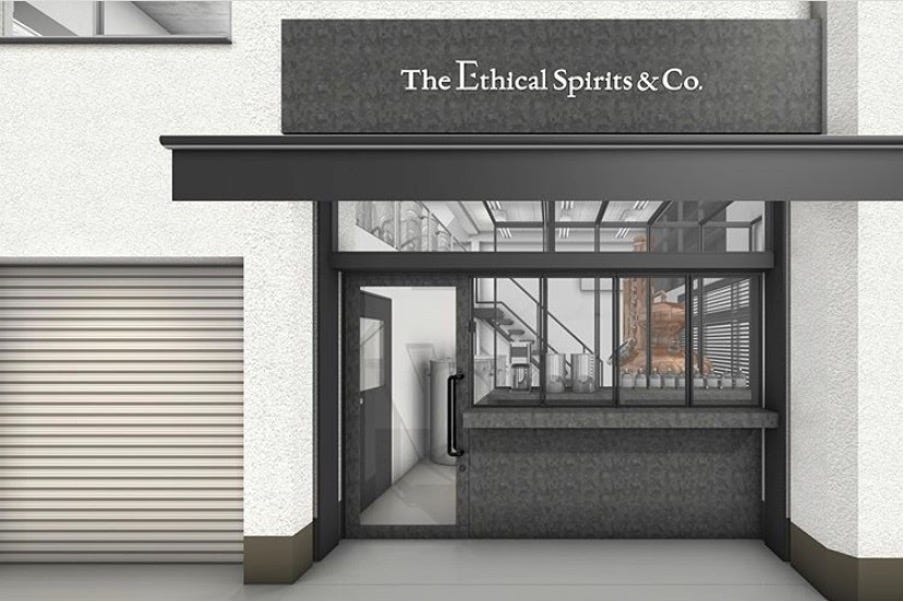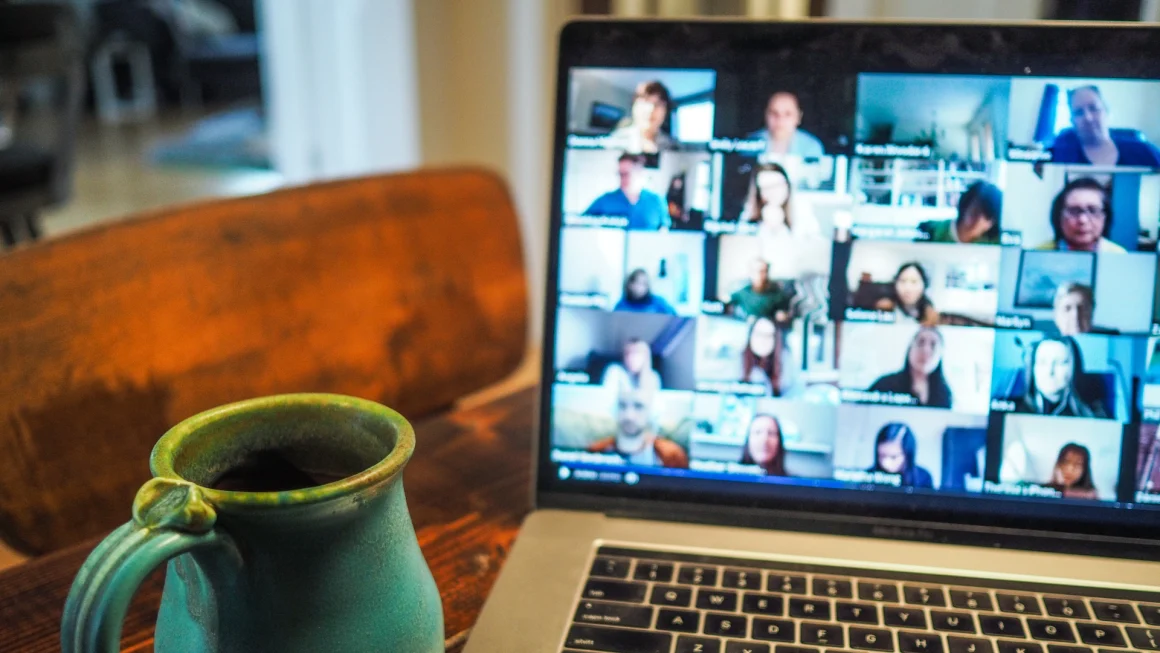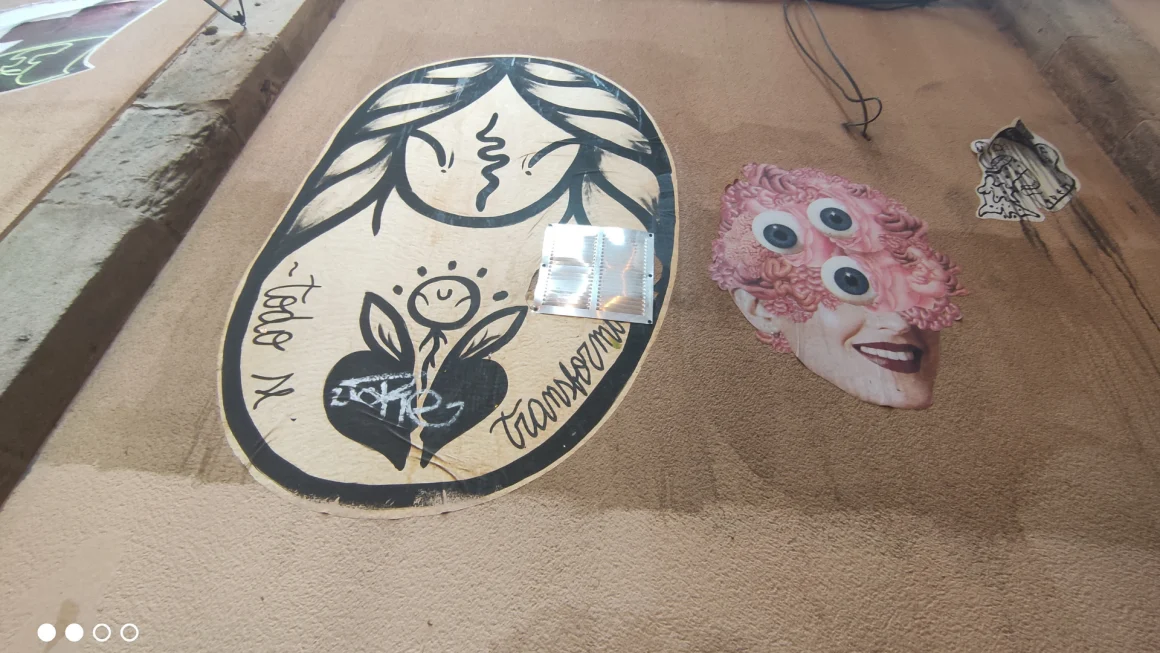What is it?
Let’s rewind to late 2019: Japan is expecting a gigantic positive economic impact in 2020 as the future host of the Summer Olympics. Major sporting events translates to a huge influx of tourism, which has a direct correlation to mass consumption of food and beverage in venues and the hospitality industry in general.
Fast forward a few weeks later, COVID-19 makes an appearance, and changes everything we had plans for. Summer Olympics get postponed. Japan’s breweries found themselves with a considerable amount of oversupply beer in their soon-to-expire inventory (most bottled beer is best if consumed within 3–6 months, kegs will last even less). Therefore, they were in dire need to get creative to maximize its usage.
Anheuser Busch InBev’s Japan division contacted The Ethical Spirits & Co., a newly founded company to help sake distillers turn sake lees into new spirits, which had started exploring recipes to make gin from beer. As per the head of marketing for AB InBev Japan: “We had a problem of excess inventory and Ethical Spirits had the knowledge and the right ethos to create a product that we mutually thought would be a positive impact”.
And so, they did team up: Anheuser Bush InBev donated 20,000 litres of Budweiser to The Ethical Spirits to be converted into 4,500 bottles of gin. REVIVE gin.

Why it’s Cool?
- From an environmentalist point of view, it’s quite the better solution. Disposing waste beer is highly regulated because it could seriously alter water management processes due to the chemistry involved with beer. In addition, environmental harm caused during beer making will not be totally wasted away (high usage of water and lots of trash material during the industrial process).
- Sales will benefit the community: a portion of the proceed will fund the Music Cross, a not for profit that is supporting Japan’s live music industry.
- Surely many thought it was a crazy idea at first but will probably turn out to be a recognizable product. It will add to the brand name and parties involved in the process.
- Even during difficult situations, there are opportunities to do good or better.
- They have transformed a product with an expiration date to one with none.

Why it has future growth potential?
Since then, there is a local Japanese brewery that has implemented the same idea: Kiuchi Brewery. They have launched the “Save Beer Spirits” campaign, in which they offer local pubs and breweries to send their unsold beer to be turned into gin or gin cocktail. Once the process is completed, they send back the bottled product. Cost? It’s free (but the bars assume the cost of shipping). Also, world-famous Guinness took back millions of litres of leftover beer and has decided to use a portion to fertilize Ireland’s Christmas Trees plantations. In the US, the surplus has been mainly used to manufacture hand sanitizers.

In the short and medium term, there is plenty of growing potential. There may be a need to dispose of millions of litres of beer in the next few months around the world. And will continue to exist as long as closures and restrictions prolong or worsens. And we simply don’t know when it will end.
In the long term, once the pandemic is settled, it’s hard to imagine that a huge excess of beer will continue to go on. But I can bet it will open our imagination to figuring new ways to utilize the surplus of food and beverage into something special or, maybe, simply better.





